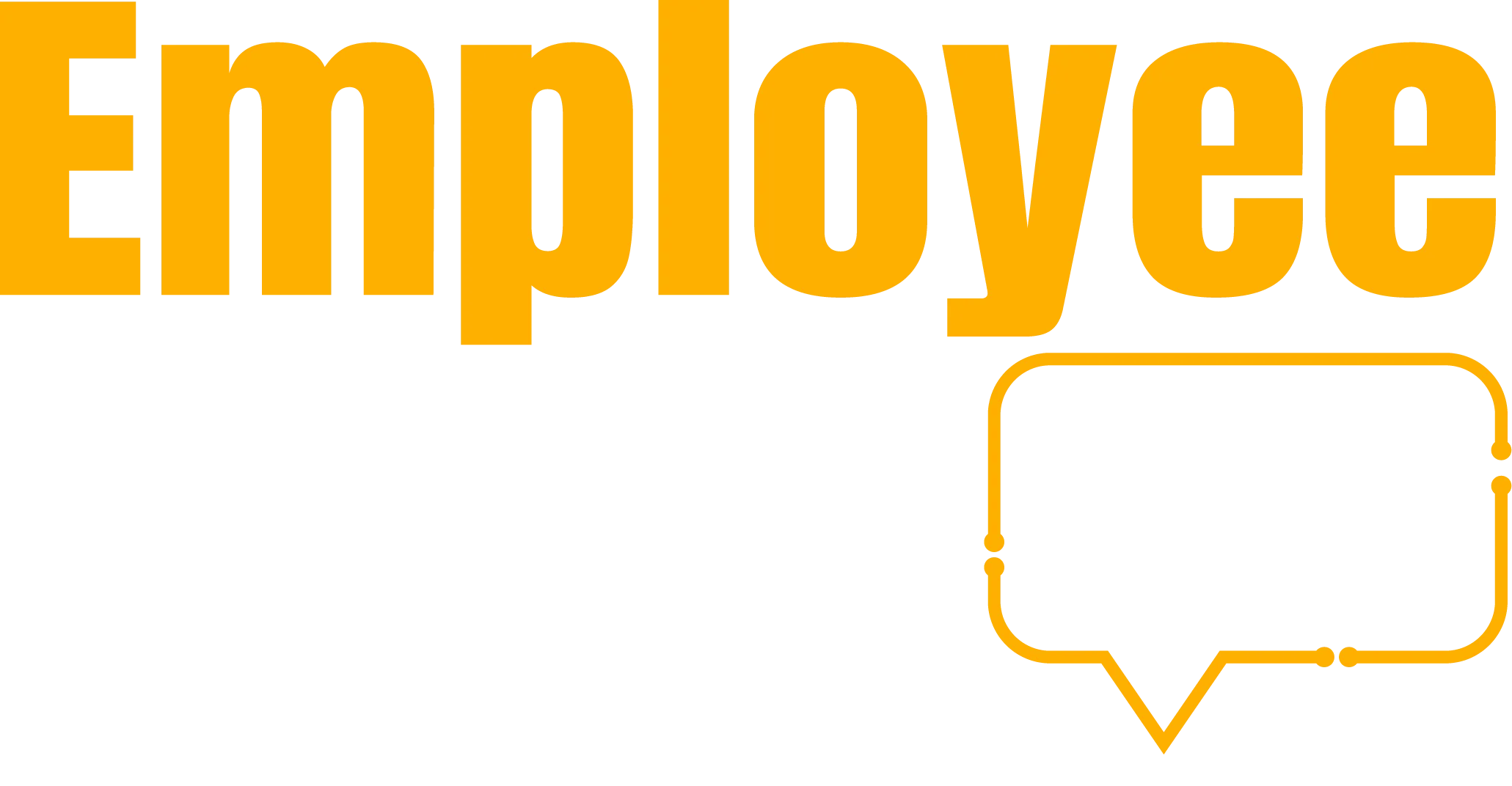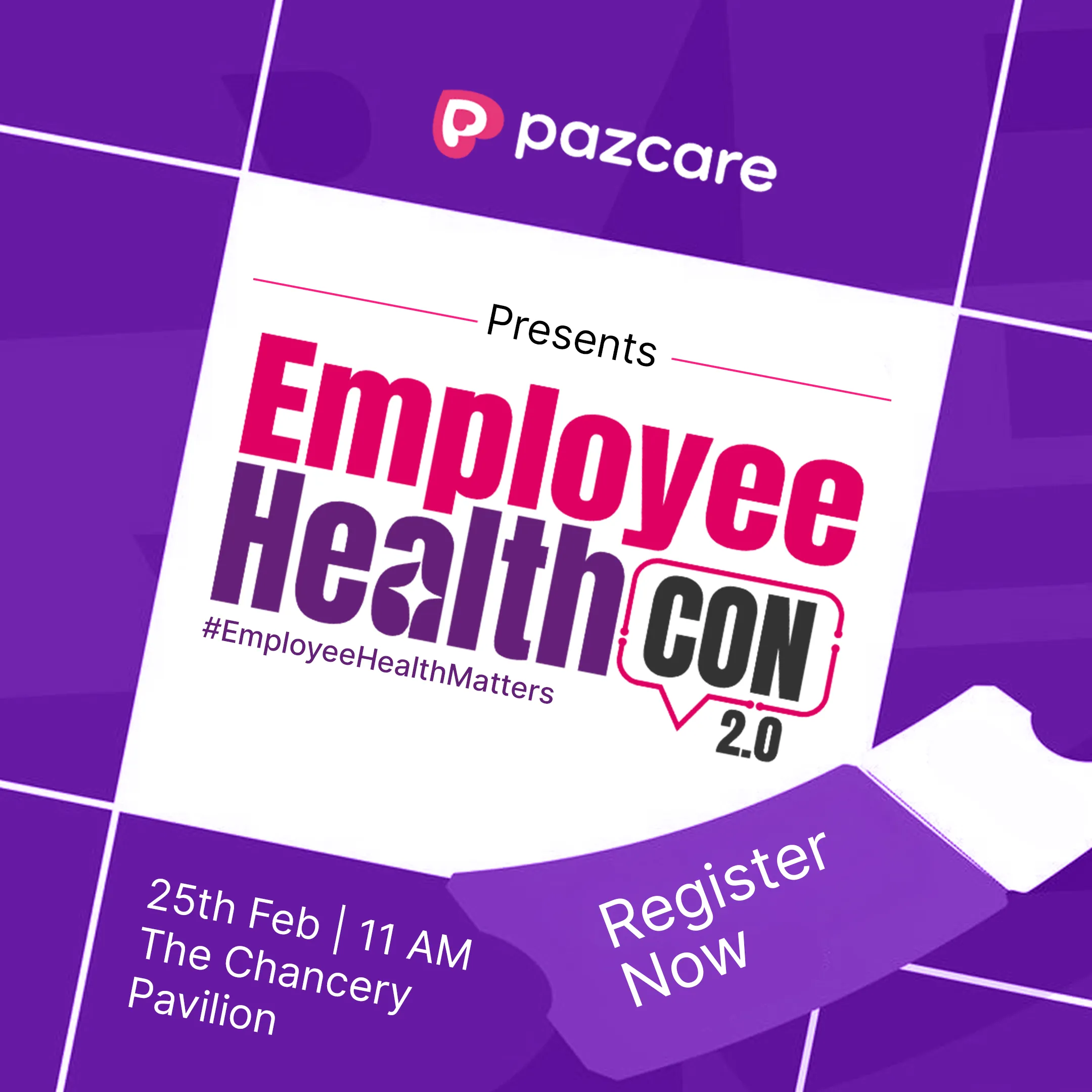What is a pre-employment medical check up?
A pre-employement medical check up is a health check-up used to assess a person’s physical or mental condition. In jobs and hiring, it helps employers make sure that the candidate is healthy enough to do the work and won’t face health risks or cause risks to others on the job. These tests may vary depending on job demands, age, gender, and industry norms.
Studies found that pre-employment screening significantly reduced turnover, accidents, and unauthorized absences.
Why do companies do pre-employment medical check ups?
Medical test before employment offer several strategic and practical benefits for employers:
- Promote workplace safety
Especially important in high-risk or physically demanding jobs. - Reduce absenteeism and healthcare costs
Identifying chronic health conditions early helps prevent future productivity loss. - Comply with regulations
Certain industries mandate health screenings before hiring. - Support employee wellness
Promotes a culture of health awareness from day one.
Which jobs require a pre-employment medical test?
Not all job roles carry the same health or safety risks which is why the type and intensity of pre-employment medical tests vary by industry. Sectors with higher physical, mental, or hygiene risks are more likely to mandate health screenings.
Here are the top industries where pre-employment medical tests are essential:
- Healthcare
Doctors, nurses, and paramedics often undergo:
- Infectious disease screening (HIV, Hepatitis B/C, Tuberculosis)
- Vaccination checks
- Basic physical exams
To ensure they’re not carrying or spreading infections and are physically fit to perform demanding duties.
- Aviation
Pilots, crew, and ground control staff require:
- Cardiovascular tests
- Medical eye tests like Vision sharpness (near/far) & Color blindness
- Hearing and reflex assessments
- Eye muscle coordination and strain detection
As part of their mandatory DGCA medical certification process to ensure flight safety.
- Manufacturing and Construction
Field engineers, factory workers, and site supervisors need:
- Fitness evaluations
- Respiratory and musculoskeletal tests
- Drug and alcohol screenings
These roles are physically strenuous and often involve machinery or high-risk conditions.
- IT and Corporate Jobs
Desk-based roles are now increasingly tested for:
- Vision screening (to detect screen fatigue or strain)
- Stress and mental health assessments
- Lifestyle disease checks like diabetes or hypertension
- Transportation and Logistics
Drivers, delivery partners, and warehouse workers often undergo:
- Reflex, vision, and hearing tests
- Drug and alcohol testing
To ensure safety and quick response times while operating vehicles or heavy goods.
- Police and Law Enforcement
Soldiers, police, and paramilitary recruits undergo:
- Rigorous physical fitness tests
- Orthopedic Assessment like Joint flexibility and spinal health for mobility during physical challenges.
- Medical eye tests, ECG, X-rays
These screenings are essential for readiness and national security standards.
- Hospitality & Food Services
Chefs, kitchen staff, and service workers need:
To prevent contamination and ensure public safety in food preparation and service.
- Pharmaceuticals & Chemical Industries
Roles involving lab work or chemical handling include:
- Toxicology screenings
- Lung function tests
- Skin allergy tests
To monitor exposure to hazardous substances and protect employee health.
Common pre employment medical tests conducted for new employees
1. Physical Examination
A general check-up to review:
- Height, weight, BMI
- Heart rate, blood pressure
- Posture, visible deformities or past injuries
2. Blood Tests
Used to detect:
- Diabetes (blood sugar levels)
- High cholesterol
- Infections (like hepatitis or HIV)
3. Special Tests (Depending on Role)
- Chest X-ray for exposure-based or senior roles
- ECG for heart function assessment, especially in stressful roles
- Stress and mental health screening for corporate roles with high pressure
Candidates may be marked as “Fit,” “Temporarily Unfit,” or “Unfit” based on test results. The company doctor or medical partner then provides a final health report to HR.
Thinking of adding health screenings to your onboarding process?
Pazcare can help you set up pre-employment medical tests across India with ease—fully integrated into your hiring and insurance workflows.
Pre-Employment Medical Examination as per The Factories Act, 1948
In India, pre-employment medical tests are legal requirements in certain sectors, especially those governed by the Factories Act, 1948.
What the Act Says:
Under Section 87 and related provisions of the Factories Act, 1948, employers are required to:
- Conduct medical examinations of workers employed in hazardous processes before job.
- Appoint a certified medical practitioner to assess the health and fitness of workers.
- Maintain detailed health records of employees working in potentially dangerous environments.
These regulations aim to safeguard workers' health and ensure that no one is assigned to a job that could endanger their well-being due to pre-existing medical conditions.
What pre employment medical test should be done for an HR role?
While HR roles are not physically intensive, they do involve:
- Long hours of screen time
- High responsibility and stress levels
- Regular interpersonal communication
- Decision-making that impacts company wellbeing
So, a basic but meaningful medical test panel should include:
| Test Type |
Purpose |
| Complete Blood Count (CBC) |
Detects infections & fatigue |
| Medical Eye Test |
Prevents digital eye strain & identifies vision issues |
| Blood Pressure Monitoring |
Detects hypertension; monitors stress-related conditions |
| BMI and General Fitness |
Tracks body composition, identifying sedentary health risks |
| Mental Wellbeing Check |
Early screening for burnout or work stress |
What are the most common reasons for pre-employment medical test rejections?
These rejections usually depend on the nature of the job and company policy.
Common reasons include:
- Uncontrolled chronic illnesses
Severe or unmanaged diabetes, hypertension, or heart conditions can be flagged as high-risk.
- Substance abuse indicators
Positive test results for drugs or alcohol can lead to disqualification, especially in roles that demand high alertness (e.g., transport, healthcare).
- Vision or hearing deficiencies
Inadequate vision (not correctable with glasses) or hearing loss may disqualify candidates in roles like aviation, logistics, or security.
- Physical fitness issues
Inability to meet the minimum physical benchmarks especially in roles requiring physical labor (e.g., construction, military, or police).
- Abnormal diagnostic reports
Findings like abnormal ECG, chest X-ray, or elevated liver/kidney markers may delay or prevent selection based on medical officer discretion.
Final thoughts
A pre employment medical check up before hiring is a crucial step to ensure employee wellbeing and long-term productivity. Whether you're hiring for an industrial role or a desk-based HR function, tailoring your pre-employment medical test policy ensures fairness, safety, and a healthy start to your work culture.
Want to streamline your pre-employment medical tests?
Pazcare partners with top diagnostic labs across India to offer customizable pre-employment screening, integrated with your onboarding flow and group health insurance.
- At-home test convenience
- Fit/Unfit digital reports
- One-click insurance onboarding
👉 Get in touch with us








.svg)
.svg)
